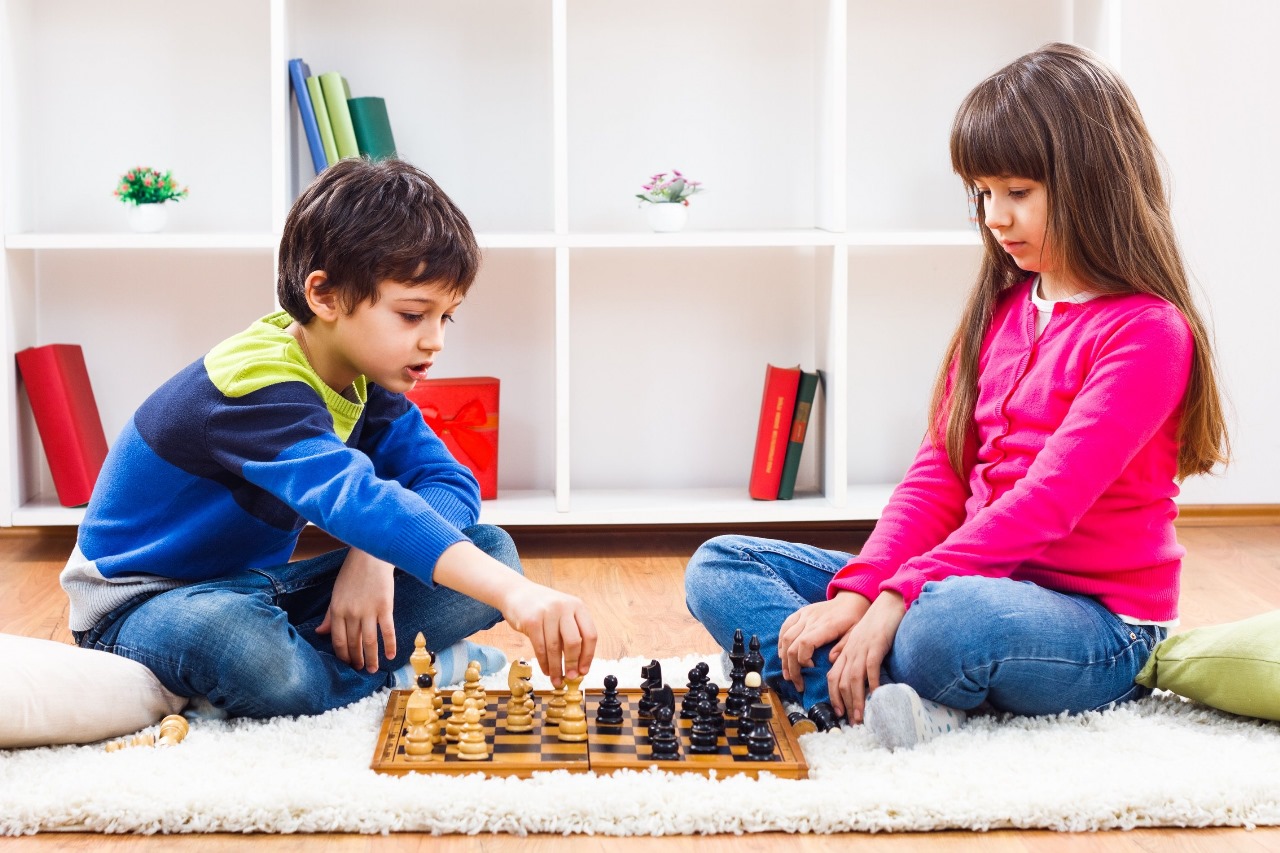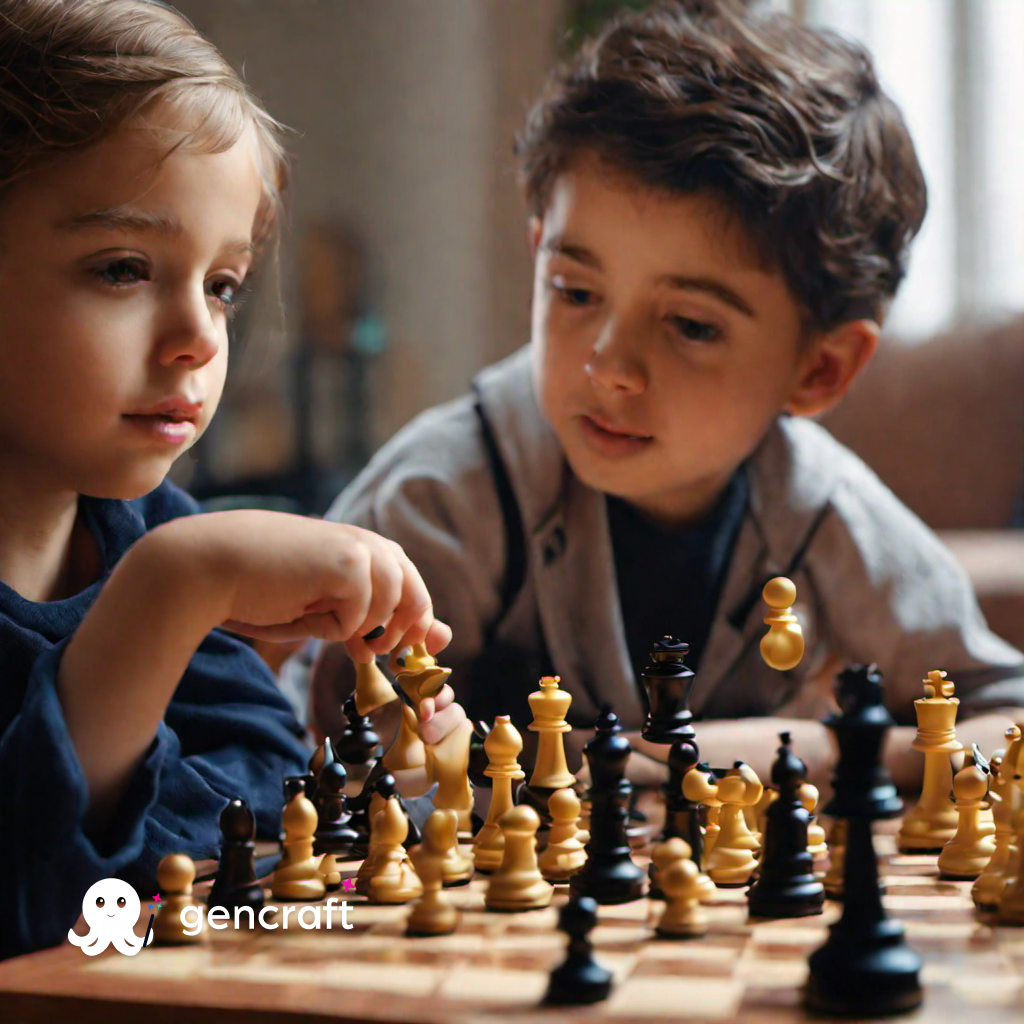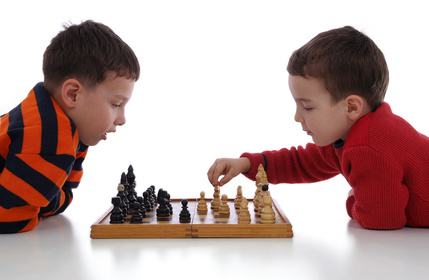In chess, as in life, actions have consequences. Every move on the chessboard reflects your skills, knowledge, and expertise. Intelligence grows through practice and dedication. Chess players develop exceptional thinking through years of rigorous training. Habitual and diligent players tend to be smarter. Chess’s role in enhancing intelligence is worth understanding.
1. Chess Enhances Planning and Strategy Skills
In chess, calculation is a methodical decision-making process. Players assess multiple options, analyze combinations, and evaluate positions to determine the best move. This fosters patient foresight and strategic thinking. Chess hones decision-making and the capacity to anticipate opponents’ moves, translating into more thoughtful life choices, favoring responsible decisions over hasty, risky ones.
2. Chess Enhances Memory Skills
Proficient chess players can effortlessly recall moves and strategies even in high-pressure situations. Chess demands memory of intricate rules, diverse playing styles, variations, and recognizing typical opponent patterns. Extensive chess training and gameplay significantly enhance a child’s memorization abilities, supported by research. Moreover, chess keeps the brain’s neural activity flexible, potentially serving as a preventive measure against cognitive diseases like Alzheimer’s and dementia.
3. Chess Sparks Creative Thinking
The brain’s right hemisphere is associated with creativity, and engaging it can enhance creative thinking. Experienced chess players effectively utilize both hemispheres for quicker and more efficient chess-related decision-making. Consequently, chess gradually activates both the logical and creative aspects of the brain. Teaching chess to young children aids in cultivating creativity across various activities, such as drawing, playing, studying, essay writing, and completing homework assignments.
4. Building Confidence and Emotional Growth
Chess stimulates our visual-spatial reasoning, enabling us to envision broader strategies and plan a move or two ahead. Regular chess play enhances analytical skills and fosters a deliberate, measured approach to decision-making. Chess players are known for their methodical style, reflecting intelligence and astuteness. Chess also promotes emotionally balanced routines and habits, boosting confidence and composure under pressure. It teaches kids to allocate emotional energy wisely, reducing reactions to minor issues and encouraging thoughtful responses instead of impulsive reactions, helping them manage mood swings and irritations.
5. Chess Boosts IQ Levels
Studies have found that Chess players who play the game regularly, exhibit signs of intelligence and tend to have higher IQs. Some of the best Chess players such as Fischer, Carlsen, and Kasparov have genius level IQs. Regular playing and rehearsing of Chess hones vital skills such as abstract thinking, problem-solving, and logic. These abilities contribute to building a more intelligent person with a higher IQ than average. Intelligent Quotient is something that not only helps kids with their Academics but also regular habits/ tasks. Chess sharpens the IQ overtime. According to a study undertaken by a group of scientists the children who were engaged in Chess as an extracurricular activity resulted to be much more active, smart and sensible compared to the rest of the kids who participated in other things.
For parents seeking a proven method to give their child an advantage in today’s competitive world, chess stands out as an excellent choice. Proficiency in chess equips children to tackle challenges with confidence and excel. In summary, chess is a captivating game that enhances mental acuity and encourages smarter decision-making. Introduce your child to chess today! Schedule a demo at MyChessCoach.



